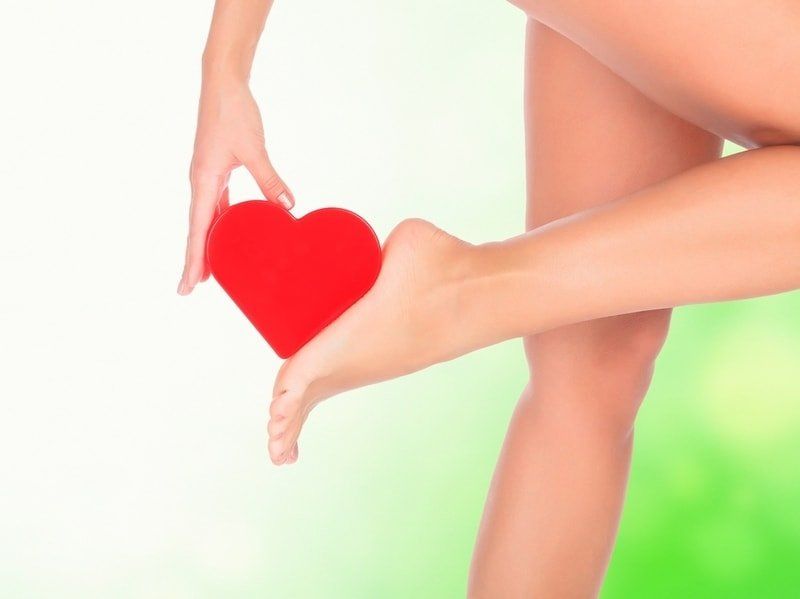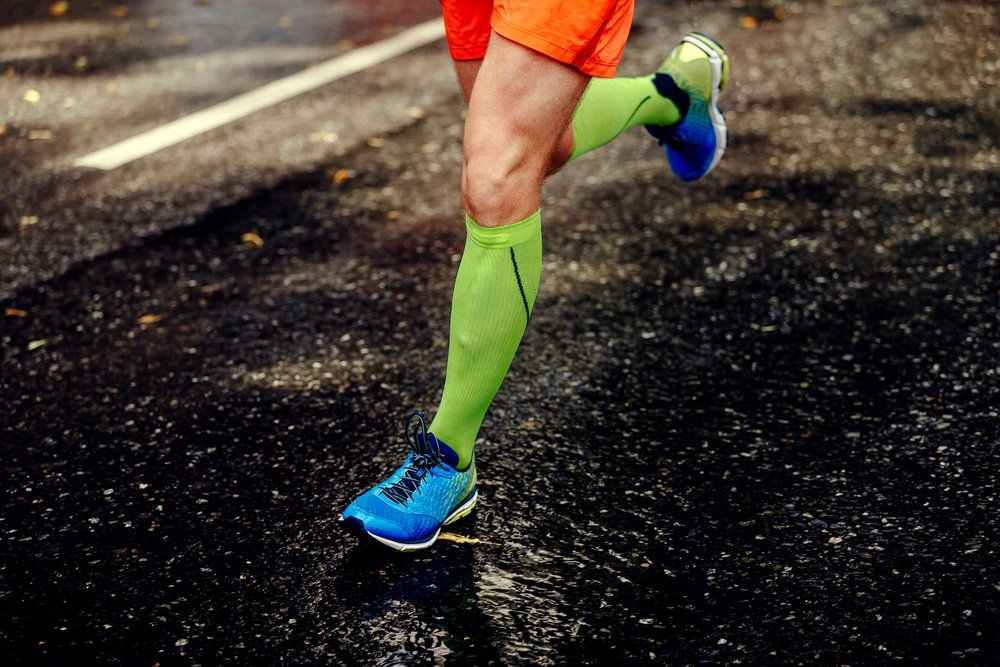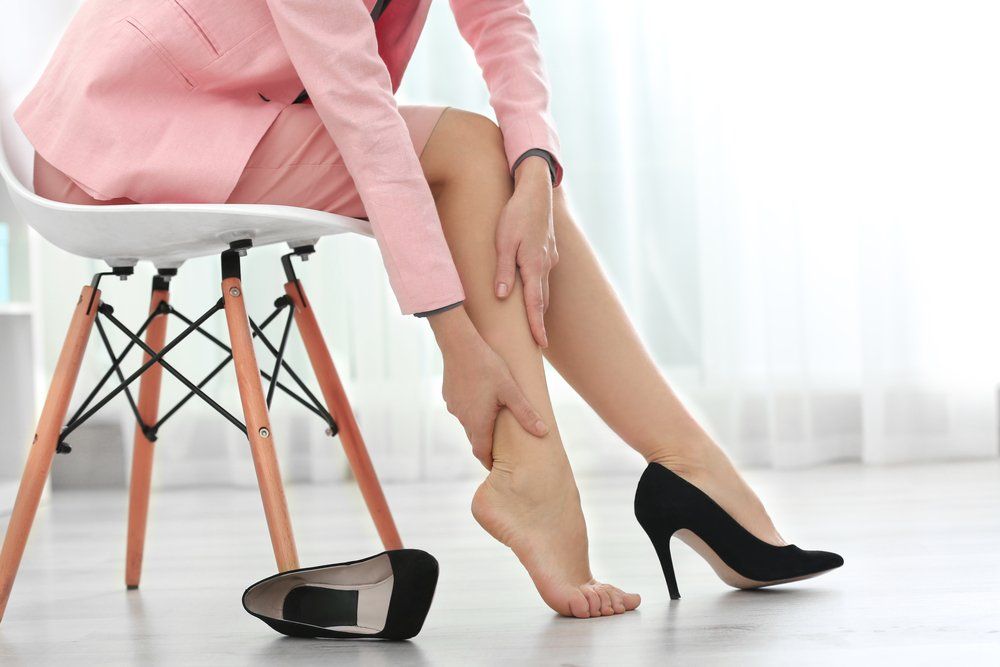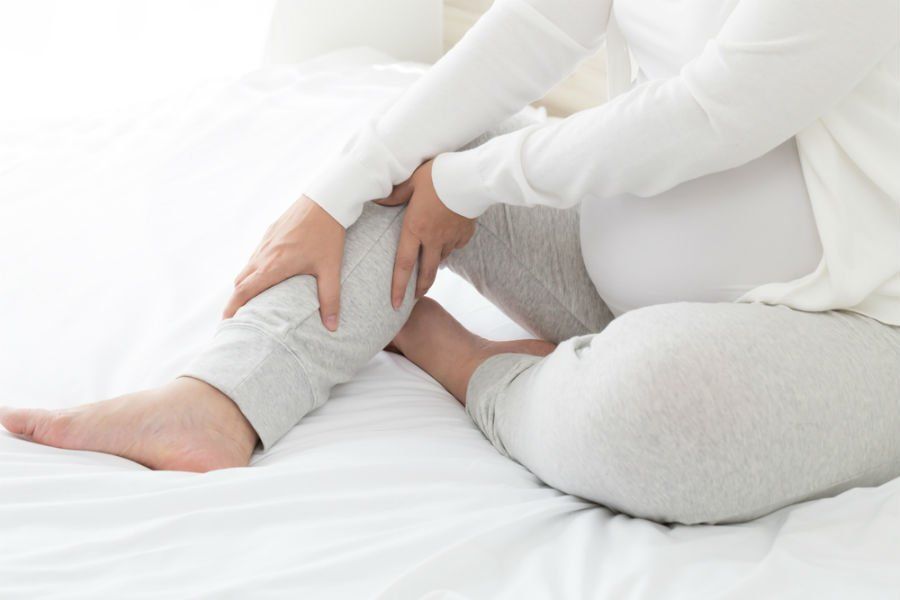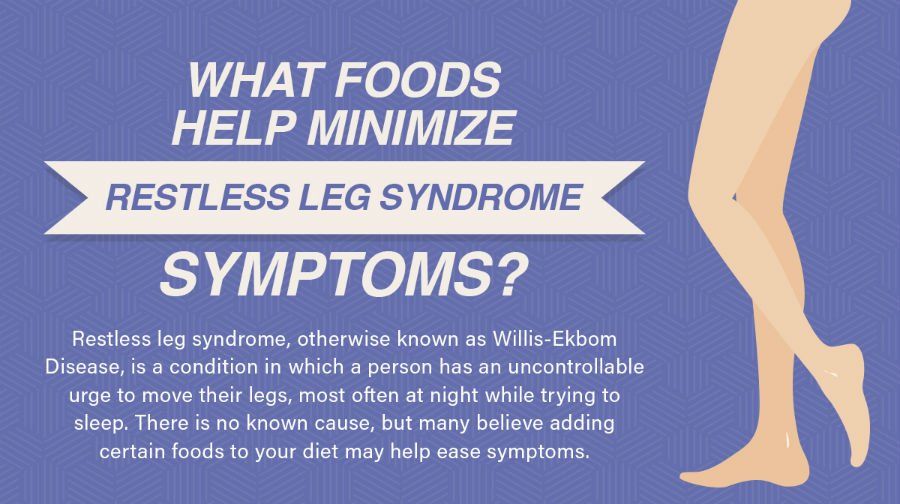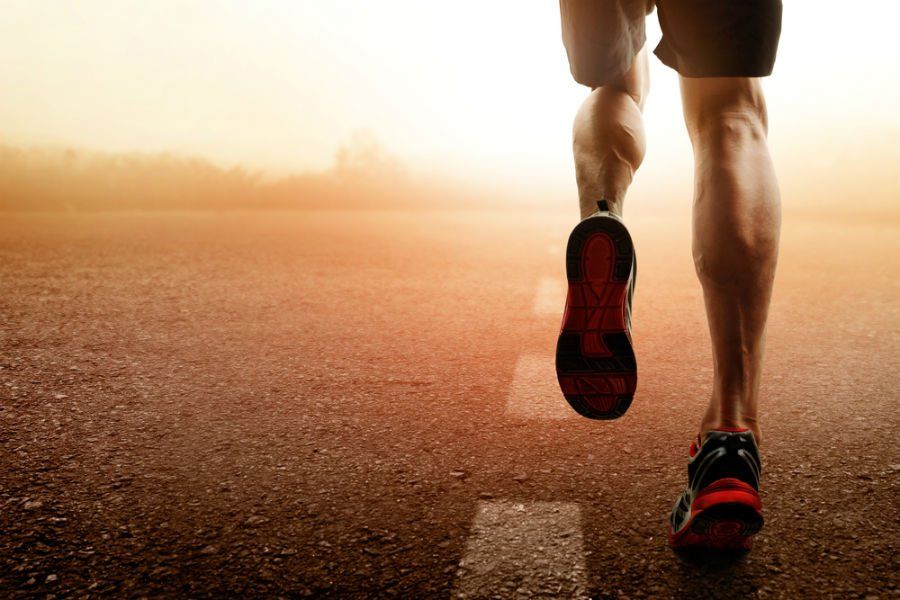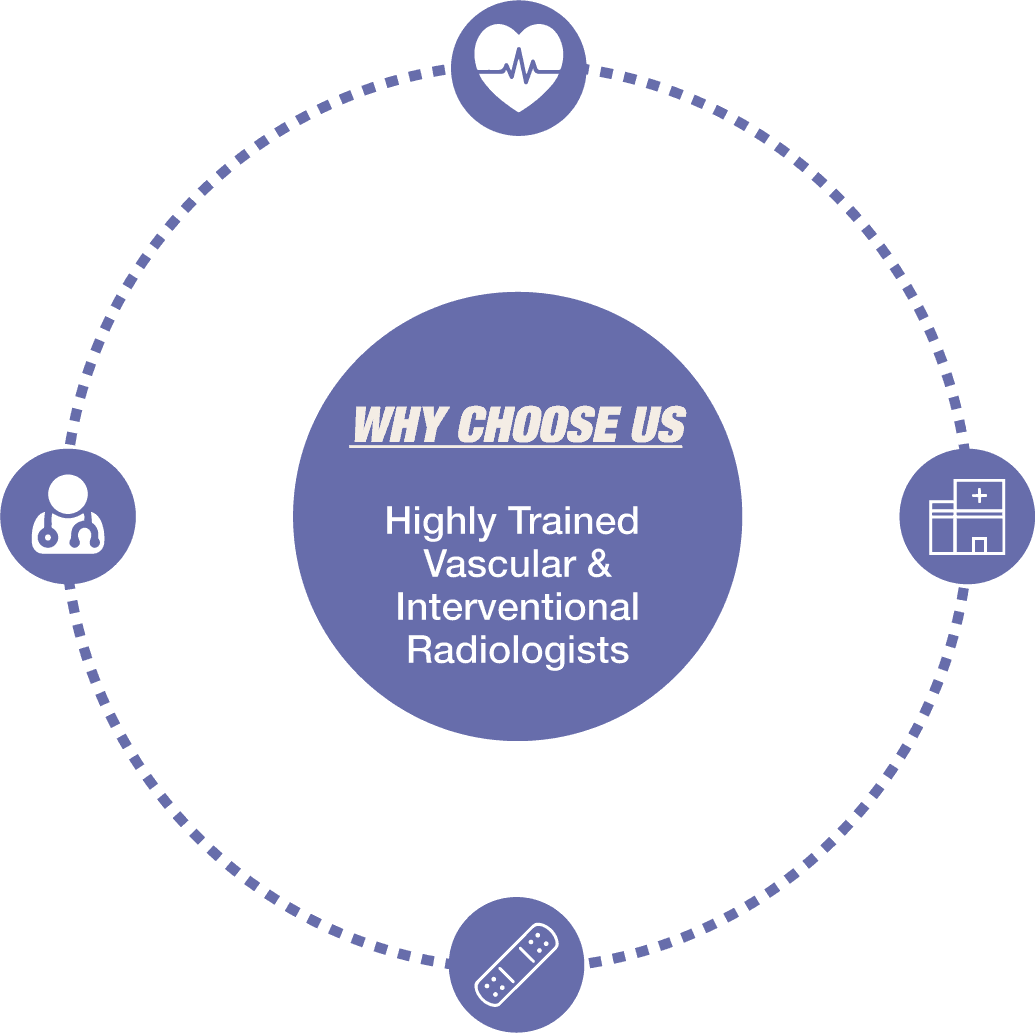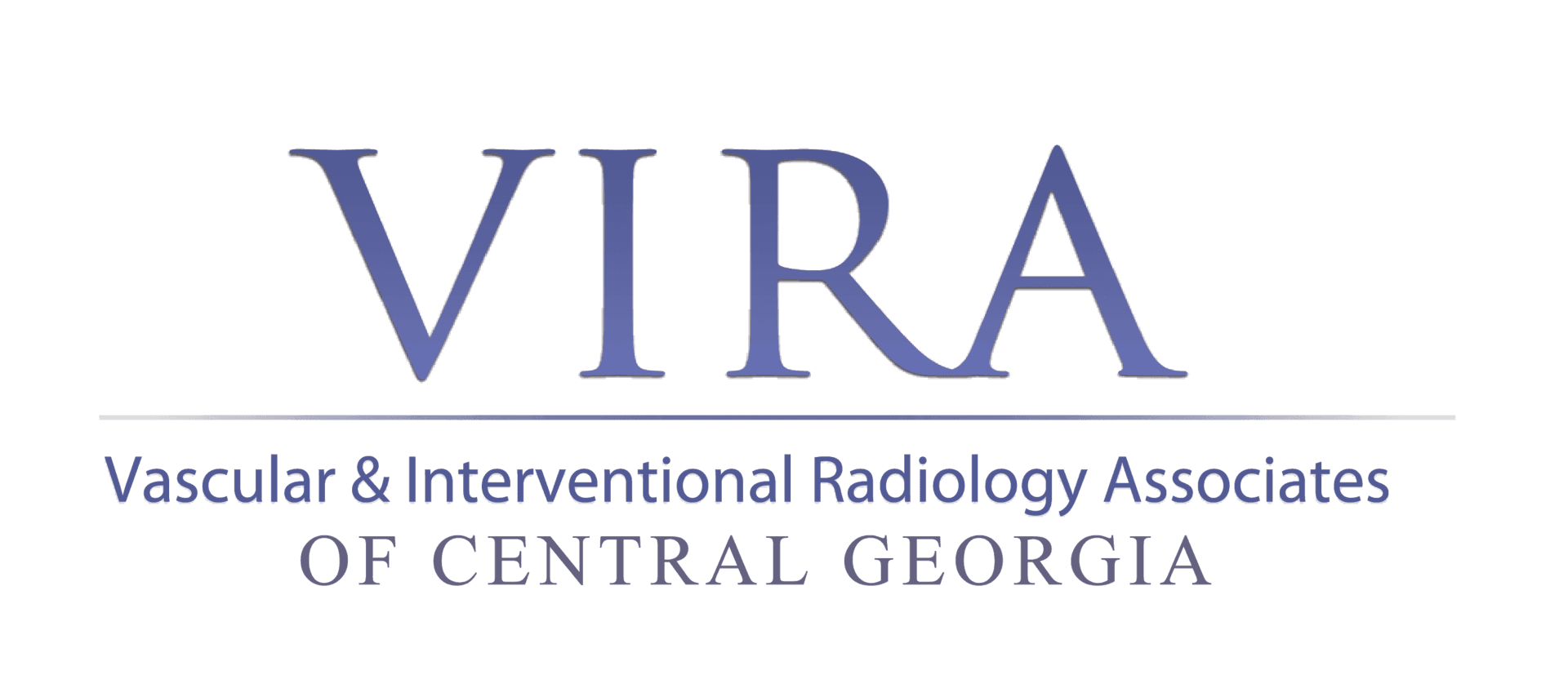Five Ways to Naturally Improve Blood Circulation
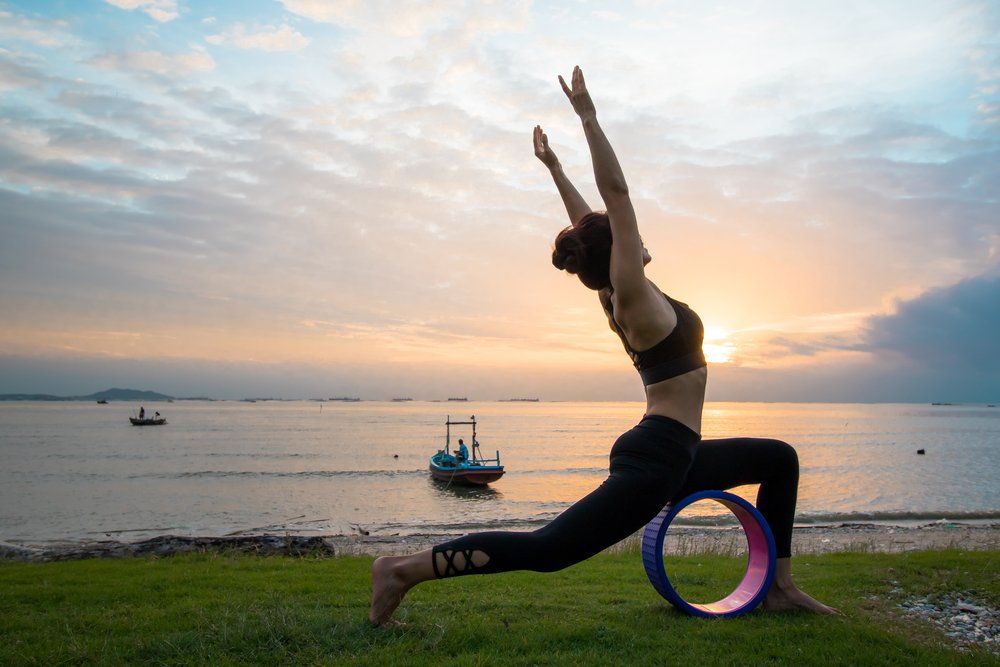
The circulatory system is one of the body’s hardest working processes – delivering essential nutrients and oxygen to our organs and cells. Without it, the body would not be able to fight disease or maintain homeostasis.
Your circulatory system is made up of three separate functions that work together:
- Cardiovascular (heart)
- Pulmonary (lungs)
- Systemic (arteries, veins, vessels)
If an artery becomes blocked, the amount of oxygen being transported to a particular organ is limited, diminishing its function. Signs of poor blood circulation include:
- Cramping
- Hypertension
- Lack of energy
- Loss of appetite
- Numbness in hands or feet
- Sores that are slow to heal
- Visible skin discoloration
Without a healthy circulatory system, our bodies cannot function properly. Medication can help improve blood circulation, but there are also small lifestyle changes you can make to boost it naturally.
Drink Enough Water
Our bodies are roughly 45 to 65 percent water
, so proper hydration is crucial for organ function. However, there’s no simple answer as to how much water you need daily – it depends on many factors, such as your health, how active you are and where you live.
The National Academies of Sciences, Engineering and Medicine
recommends a typical daily intake of:
- Men: 15.5 cups
- Women: 11.5 cups
Most of the fluid you consume should come from water, but some of it can come from food and other beverages. Coffee, juice, milk, soda and tea all count toward your fluid intake but should be limitedbecause they can be high in calories and sugar.
Eat Nutrient-Dense Foods
Eating well doesn’t just lower your risk of certain diseases – it can also improve blood flow. Nutrient-packed foods that can boost your circulatory system’s efficiency include:
- Citrus fruits – Oranges and other fruits high in vitamin C are considered natural blood thinners
– building capillary walls and preventing poor circulation.
- Dark chocolate – If you need an excuse to indulge your sweet tooth, dark chocolate is full of nutrients – known as flavonoids – that prevent inflammation and improve blood flow.
- Garlic – Studies show this herb can lower blood pressure. One of garlic’s key components – allicin – helps arteries dilate. For maximum benefits, consume it raw or cook at a low temperature.
- Mangoes, tomatoes and watermelon – These three fruits are high in lycopene, an antioxidant linked to improved blood circulation.
- Nuts – Nuts are packed with the nutrients magnesium and L-arginine– these help arteries relax, so they can expand and contract as they should. Avoid salted varieties, as salty foods can raise blood pressure.
Exercise Regularly
Exercise has many positive effects on the circulatory system. Regular exercise, especially aerobic activities like cycling, running, swimming and walking, strengthens your heart and lungs, enabling the heart to pump blood more effectively. It also improves artery function, decreases inflammation and can reduce your risk of developing type 2 diabetes, heart disease and high blood pressure.
Strength training is also important for circulatory health. It builds muscle mass, which increases blood circulation efficiency.
For optimal results, the American College of Sports Medicinerecommends adults get at least 150 minutes of moderate-intensity exercise per week. If you don’t work out regularly, start out slow – even a 20-minute walk can improve circulation.
Manage Stress
Stress has many negative health implications, including a drop in circulatory system effectiveness. When you experience high-stress levels, your adrenal glands release cortisol into the circulatory system. High levels of this hormone require the heart to pump harder to deliver blood, increasing your risk of developing cardiovascular diseases.
While you can’t eliminate stress from your life, you can manage it through:
- Exercise – Regular, intense exercise can contribute to stress levels. Instead, focus on more relaxing forms of physical activity, such as tai chi, walking and yoga. These exercises encourage slower movements and deeper breathing – making it easier for your heart to do its job.
- Laughing – We have all heard how laughter is the best medicine, but it’s actually true! Laughing reduces stress, stimulates circulation and promotes muscle relaxation.
- Meditation – When done properly, meditating slows your breathingto a relaxed pace, making it easier for your heart to pump blood through your circulatory system.
Wear Loose-Fitting Clothing
Tight clothing, like skinny jeans and body-hugging tops, can restrict blood flow if worn for long periods of time. Doctors recommend wearing looser fitting clothes to allow blood to circulate. Compression garmentscan also improve overall circulation if worn as directed.
Nonsurgical Relief for Circulatory Problems in Central Georgia
Circulatory problems, like varicose or spider veins
, can present as cosmetic issues, but point to deeper health consequences, such as coronary artery disease, heart failure or high blood pressure.
If you’re one of the 25 million Americans with venous reflux disorder, you don’t have to suffer alone. The caring team at Vascular & Interventional Radiology Associates of Central Georgia (VIRA) has the experience to treat a variety of circulatory system issues and can help you get back to living pain-free. Call 478-757-8868 or schedule your appointment online.



